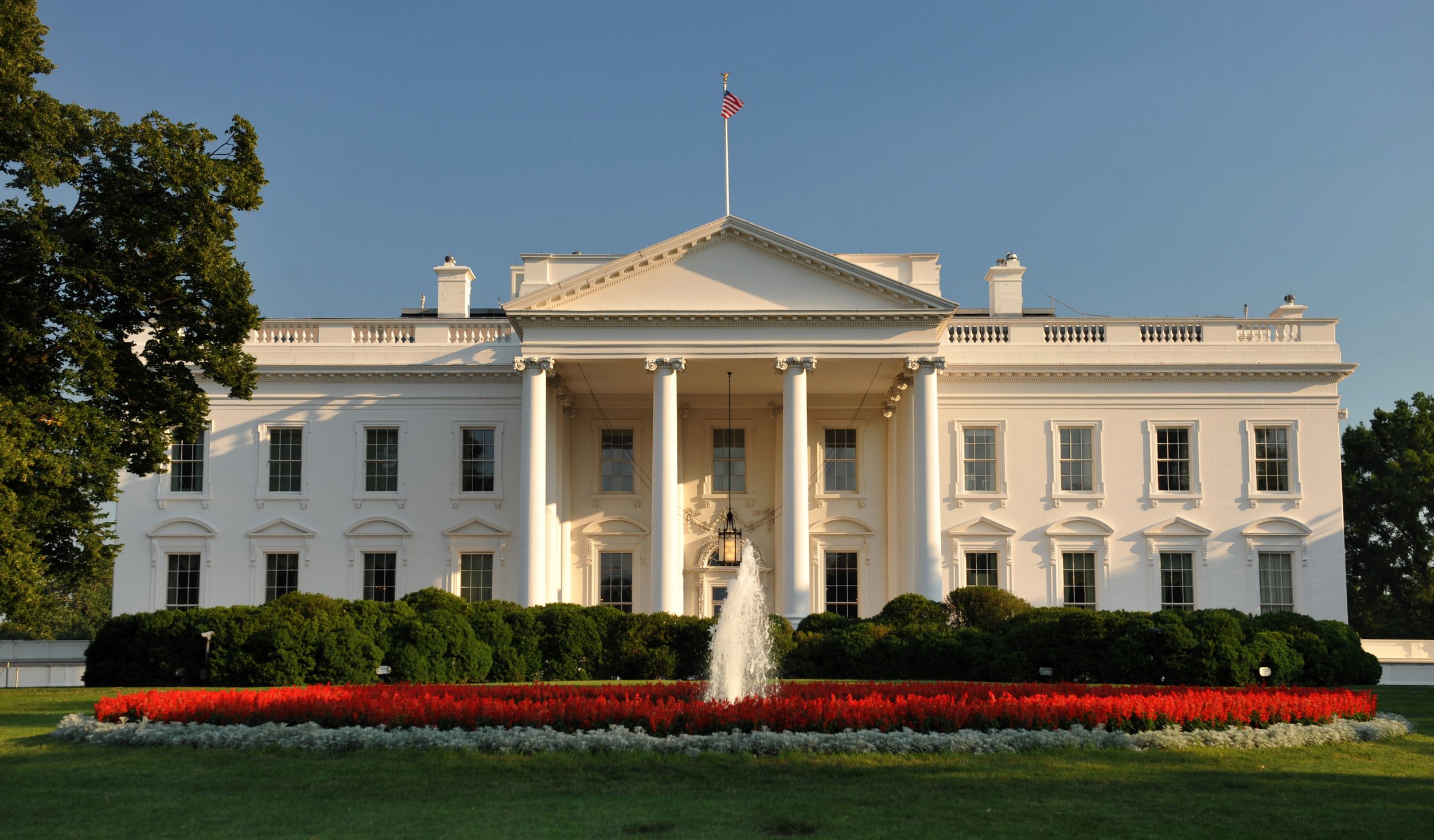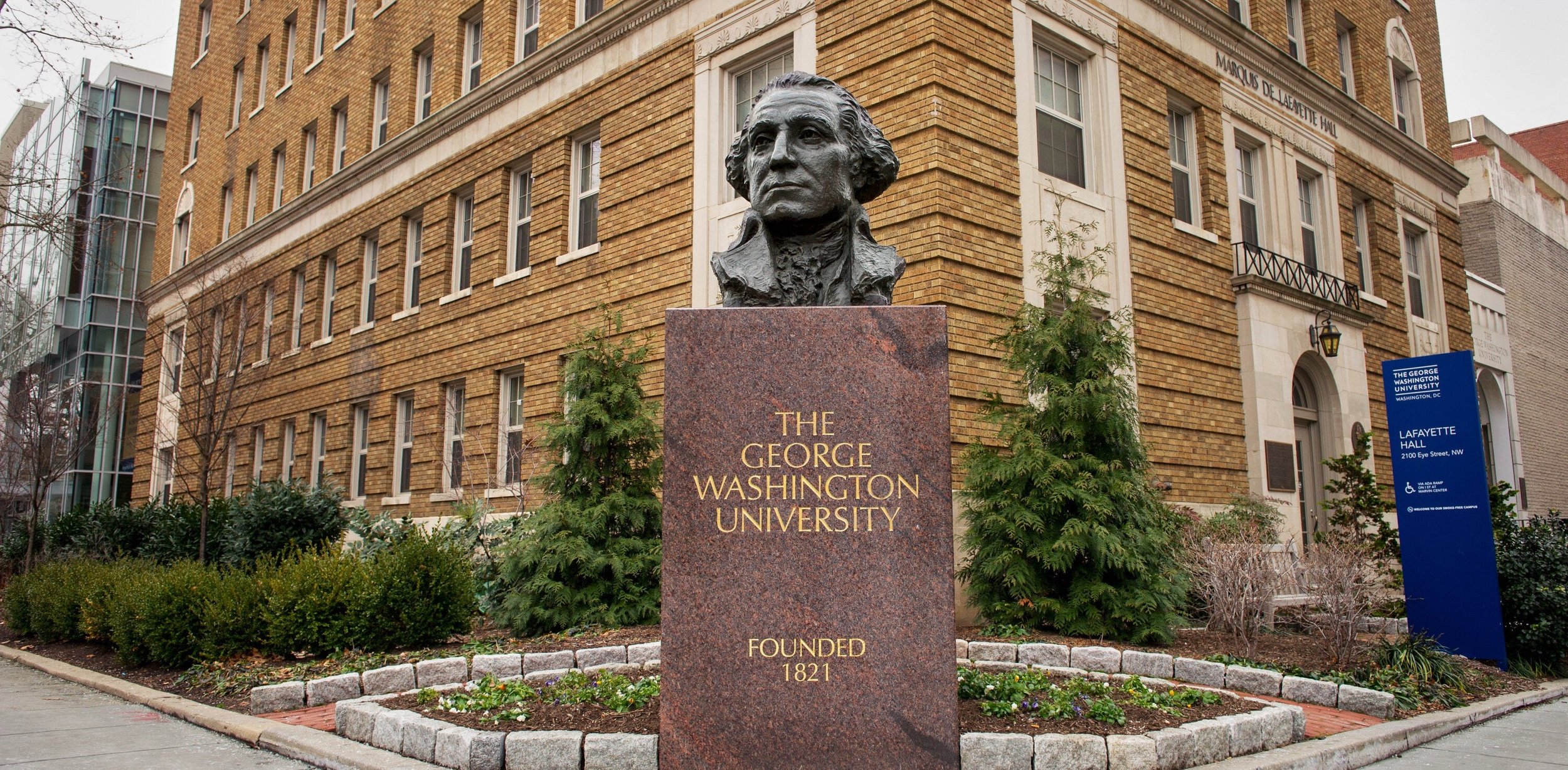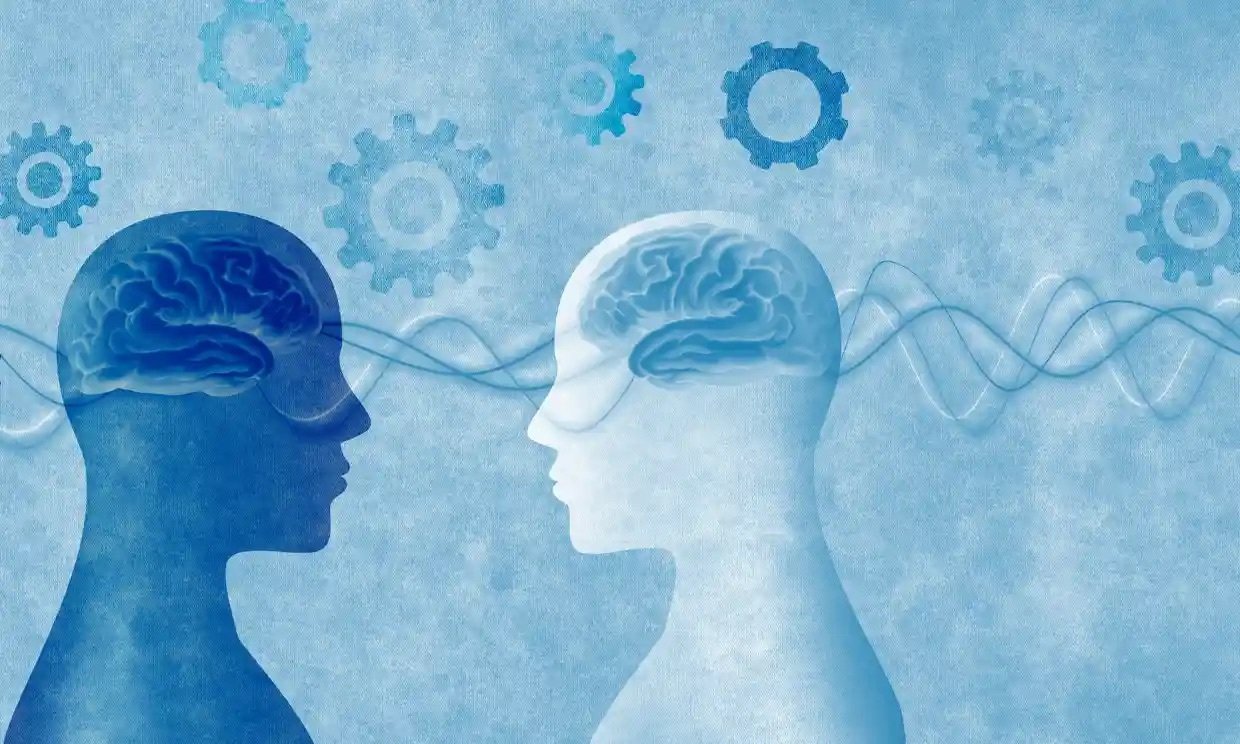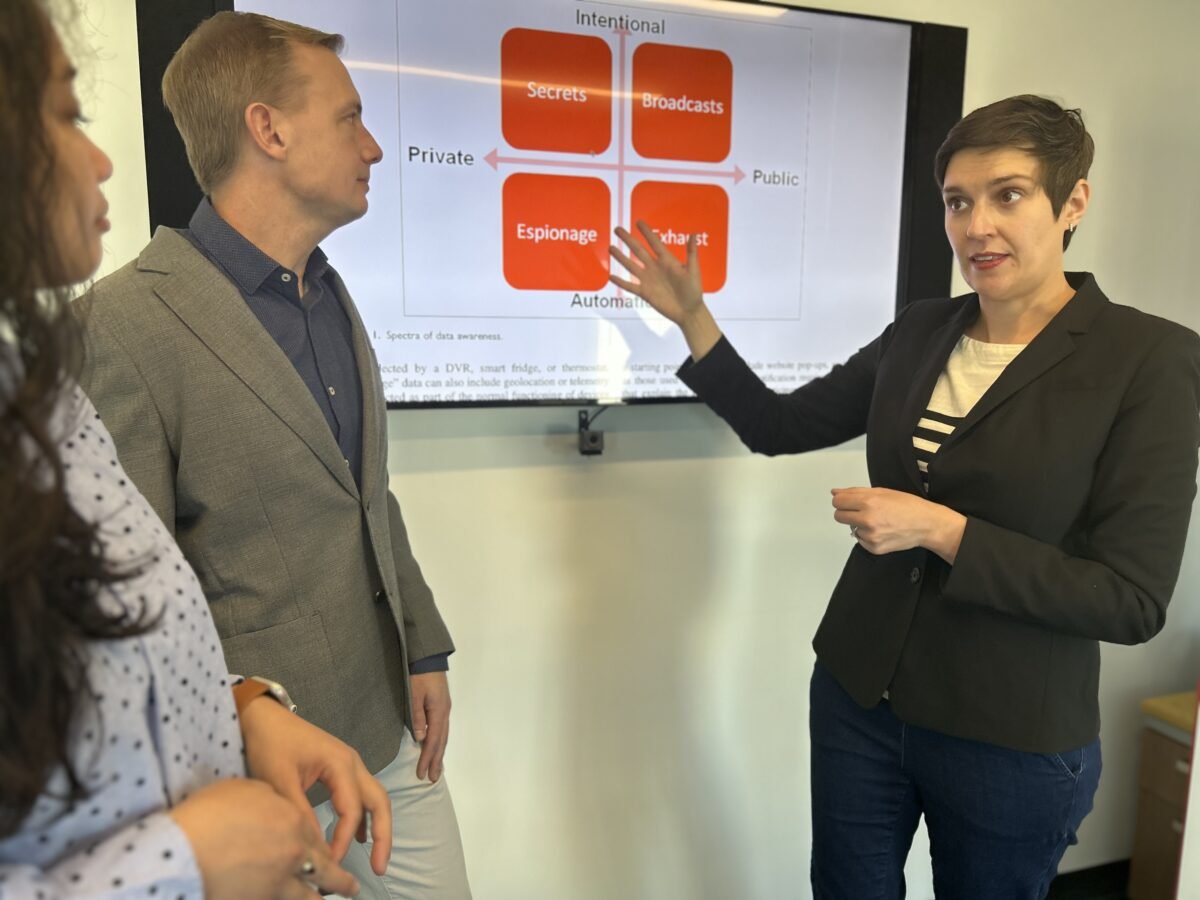News

UMD Receives $500K to Boost Number of Black, Latina and Native American Women in Computing
UMD’s Kate Atchison is helping lead a new initiative to increase the number of women of color who are earning bachelor’s degrees in computing.

How AI Raises Challenges to Protecting Creators’ Work
GW’s Robert Brauneis weighs in on how generative AI is posing new challenges to intellectual property law.

Shilton Discusses AI-Powered Phone Scams Targeting Seniors
UMD’s Katie Shilton talks to Public News Service about AI-powered phone scams targeting senior citizens, explaining that a key approach to improve public trust in AI is including stakeholders in the design process.

Launch of the EDMO Working Group for the Creation of an Independent Intermediary Body to Support Research on Digital Platforms
GW’s Rebekah Tromble is part of a working group developing an organizational model for a new independent intermediary body that will facilitate data sharing between digital platforms.

GW Distinguished Faculty Honored at 13th Annual Faculty Honors Ceremony
Ekundayo Shittu was recognized for excellence in teaching at GW’s 13th Annual Faculty Honors Ceremony.

Building Trust in AI: Three DC-Area Universities Involved in New Effort
MSU’s Virginia Byrne tells WTOP News that as AI becomes increasingly sophisticated and employed in programs people use every day, broadening who develops it and increasing the understanding of how it can be used is more important than ever.

New AI Research Funding to Focus on Six Areas
Fueled by $140 million in federal funding, the Biden administration opened seven new artificial intelligence laboratories, including TRAILS.

GW Experts Weigh In On White House AI Risk Mitigation Initiatives
The Biden administration announced a slate of initiatives aimed at reducing the risks posed by rapidly advancing AI systems, including $140 million for new research centers like TRAILS. Newswise highlights GW researchers David Broniatowski, Susan Ariel Aaronson and Aram Gavoor.

NSF Announces $140 Million Investment In Seven Artificial Intelligence Research Institutes
The initiative represents a major effort by the federal government to develop an AI workforce and to advance fundamental understanding of the technology’s uses and risks, reports Forbes.

NIST Partners with NSF on New Institute for Trustworthy AI in Law & Society
Funded by a partnership between NSF and NIST, TRAILS is the first institute of its kind to integrate participatory design, technology, and governance of AI systems and technologies.

Cornell University Partners in New $20M NSF Institute for Trustworthy AI
CU’s Valerie Reyna will use her expertise in human judgment and cognition to advance efforts focused on how people interpret their use of AI.

Morgan State Researchers to Collaborate in New NSF-Funded Institute for the Study of Trustworthy and Ethical Artificial Intelligence
As Maryland’s Preeminent Public Urban Research University, MSU will be relied on heavily by TRAILS for its leadership in conducting rigorous, participatory community-based research with broad societal impacts.

GW to Co-Lead New $20 million NSF Artificial Intelligence Institute
GW’s David Broniatowski is leading research on evaluating how people make sense of the AI systems, and their degree of reliability, fairness, transparency and accountability; while Susan Ariel Aaronson will use her expertise in data-driven change and international data governance to lead the institute’s research on participatory governance and trust.

UMD to Lead New $20M NSF Institute for Trustworthy AI in Law and Society
UMD President Darryll Pines predicts that TRAILS will lead in defining the science and innovation needed to harness the power of AI for the benefit of the public good and humankind.

With NSF Support, A Group of Tech and Policy Experts Team Up to Build More Trustworthy AI
UMD’s Hal Daumé III, principal investigator and the director of TRAILS, told Technical.ly that most AI development traditionally revolved around autonomous systems that operate almost entirely on their own. This makes them disconnected from the real world, which is an issue with how much AI has infiltrated everyday life.

AI Imitating Artist ‘Style’ Drives Call to Rethink Copyright Law
GW’s Robert Brauneis says AI generators’ ability to copy distinct ‘styles’—from music to art—could threaten artists’ livelihood under current U.S. copyright law.

From Voice Assistants to Algorithms, the UMD Community Uses AI in Unique Ways
UMD’s Hal Daumé III discusses how artificial intelligence takes many forms in our lives and how people at UMD are utilizing it for a variety of applications.

Study Sheds Light on How Deplatforming After the Jan. 6 Riot Impacted the Larger Online Ecosystem
UMD’s Cody Buntain is part of a research team that examined the effects of deplatforming on online discourse and alternative social media platforms on the aftermath of the January 6 Capitol riot.

Artificial Intelligence Is Here to Stay, so We Should Think More About It
At a symposium on the interlocking futures of AI and the humanities, GW’s Ryan Watkins predicts that we will learn to live with the duality presented by AI, enjoying its convenience while remaining aware of its fundamental untrustworthiness.

Let’s Chat About AI on Campus
UMD’s Hal Daumé III weighs in on the rise of eerily convincing language models that spur hopes and fears about the impact on education.
